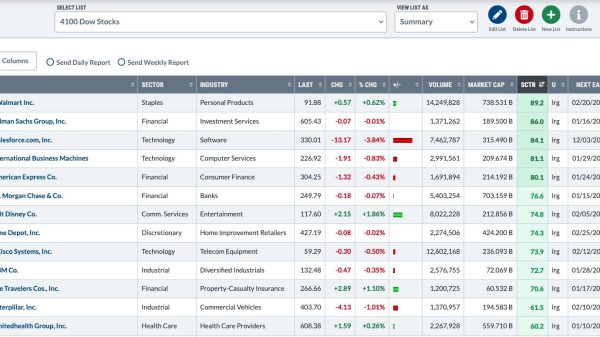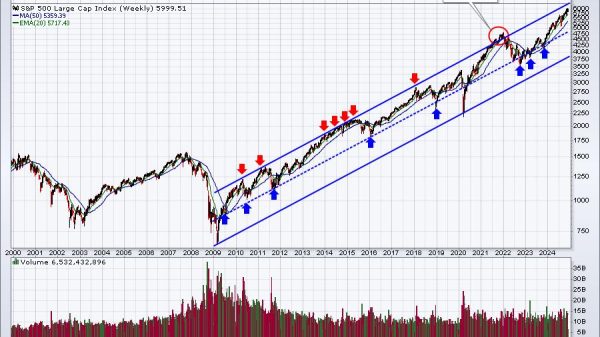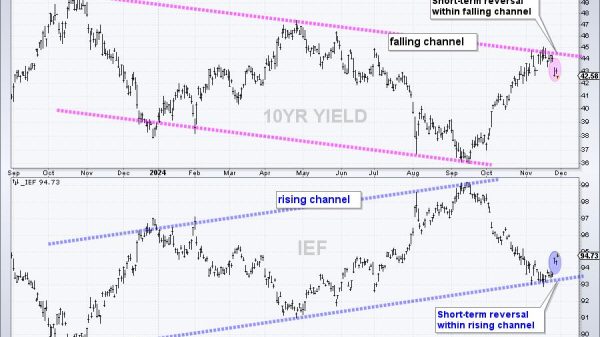Many of us have heard about people resigning “in the heat of the moment”.
It’s the new year, and many employees are looking for a change. Social media encourages people to quit their jobs and concentrate on other income streams for better job satisfaction and work-life balance. Consequently, many employers may see an increase in “heat of the moment” resignations.
What if the employee changes their mind, but the employer has accepted the resignation and is happy for the employee to go?
This is a tricky situation for both parties and was recently considered by the Employment Appeal Tribunal in the case of Omar v Epping Forest District Citizens Advice.
In February 2020, following a dispute with his line manager, Mr Omar verbally resigned in the heat of the moment.
Later that same day, he met with the CEO and the line manager. The CEO asked whether they could continue working together. Mr Omar said that he could. In a subsequent meeting, however, the CEO told Mr Omar that his line manager stated that she could no longer work with him.
Accordingly, his resignation would stand. At that meeting, Mr Omar agreed to resign in writing. He did not do this but instead wrote to retract his resignation. This was refused, and Mr Omar’s employment terminated on 18 March 2020.
Mr Omar brought unfair and wrongful dismissal claims to the Employment Tribunal. He argued that he had not resigned and that a “special circumstance exception” prevented his employer from relying on his verbal resignation. This was because of the circumstances of his resignation, made in the heat of the moment. Mr Omar argued that because of this, his resignation was ineffective, and he had been dismissed.
The Employment Tribunal held that Mr Omar had resigned and dismissed his claims.
Mr Omar successfully appealed to the Employment Appeal Tribunal, which found that the Employment Tribunal had not taken the correct approach. A thorough analysis of the facts was necessary for the Employment Tribunal to conclude whether he resigned in the heat of the moment or a period of “emotional stress.”
The Employment Appeal Tribunal sent the case back to the Employment Tribunal to consider the principles from previous cases on resignations made in the heat of the moment. The Employment Tribunal was directed to apply these to Mr Omar’s case. Those principles include, for example:
There is no such thing as the “special circumstances exception” to resignations given in the heat of the moment.
Whether that notice was properly given must be considered objectively and include any information available to the parties at the given time.
The pertinent question is what the reasonable bystander would understand the resigning employee’s words to mean. Did they amount to immediate resignation or giving notice rather than some intention to do so at a future date? Were those words seriously intended?
The decision to resign did not need to be rational or sensible but had to be intended. This inevitably requires considering whether the employee was “in their right mind” when resigning.
Once notice of dismissal or resignation is properly given, it cannot be unilaterally retracted.
The Employment Appeal Tribunal’s observations are helpful for employers who may have to manage similar resignations in the coming months. Employees who change their minds about their resignation will not necessarily make it ineffective. However, each case will need to be considered on its facts.
For employers, it is sensible to give the employee some time to “cool off” to reflect and decide whether they did indeed intend to resign.
Read more:
Should I stay or should I go?
























